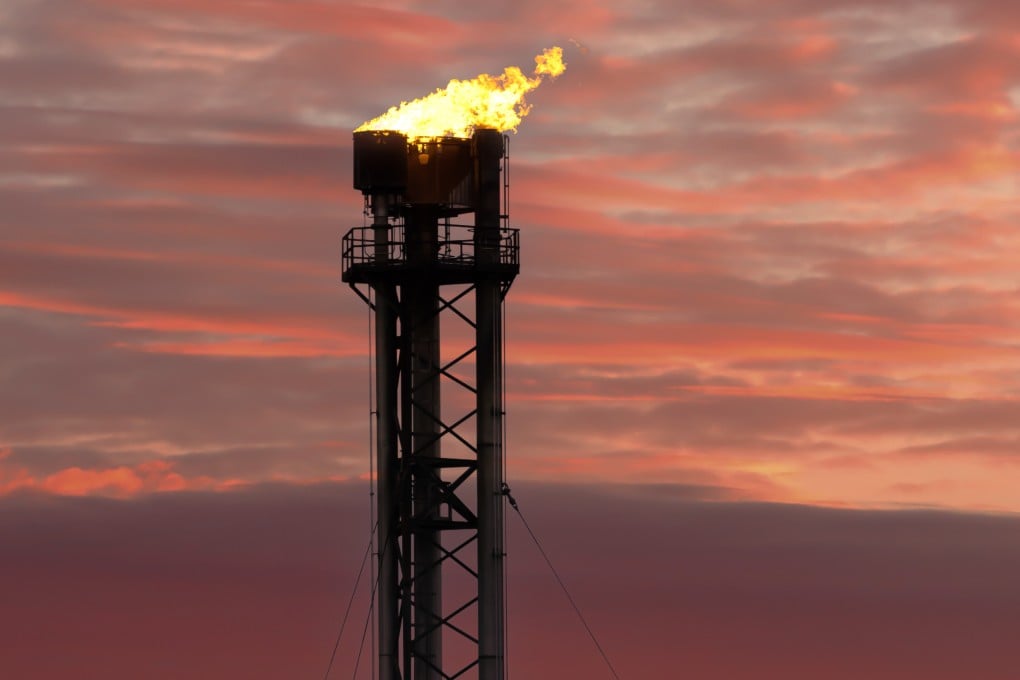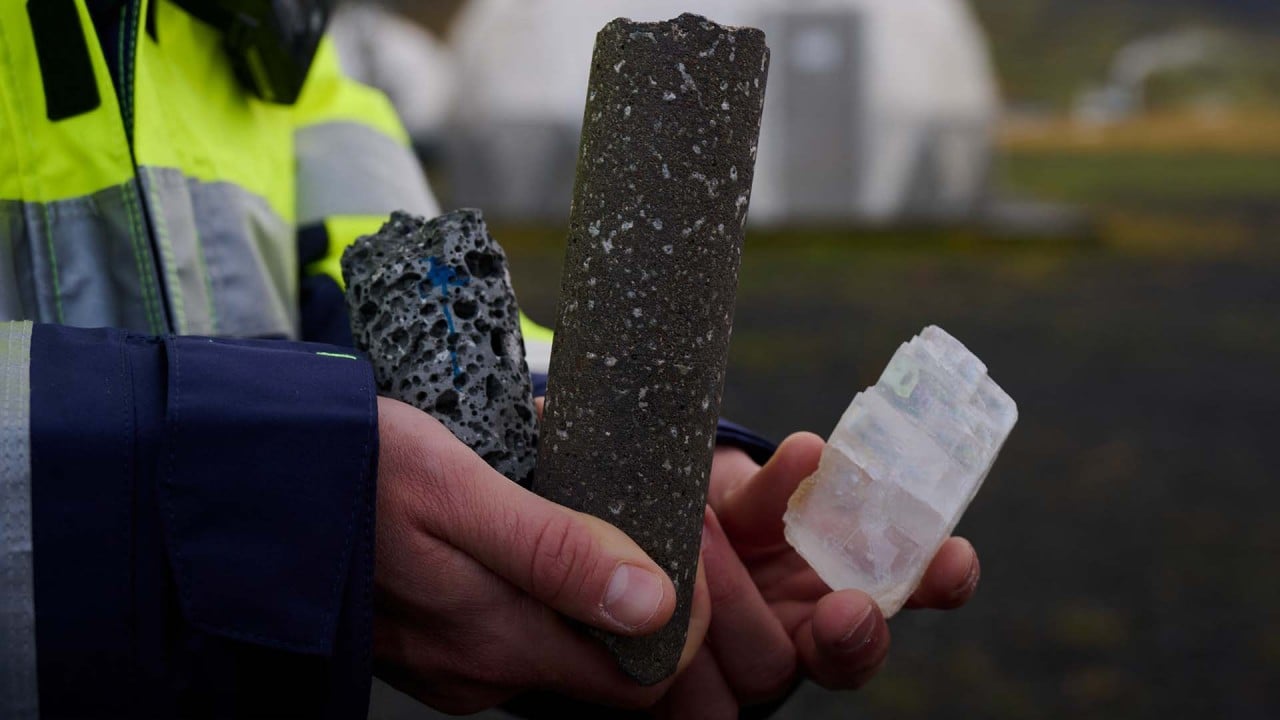Kuwait’s state oil producer failed to notice three-week methane leak spotted by satellite
- High-resolution images show seven methane clouds over a 20-day period in October that appear to be from a burn pit linked to Kuwait’s Burgan oilfield
- Halting intentional and accidental releases of methane could do more to slow climate change than almost any other single measure

Kuwait’s state oil producer said its monitoring systems never registered a three-week methane leak that was observed by satellite last year, adding to a growing body of evidence that emissions of the super-warming greenhouse gas are being under-reported worldwide.
When emitted directly into the air, it has more than 80 times the heat-trapping capacity of carbon dioxide during its first 20 years, and is responsible for about 30 per cent of the Earth’s warming since pre-industrial times.
Yet many countries lack robust methane reporting requirements and scientists are only beginning to pinpoint the full extent of the challenge with the help of a new generation of satellites that are able to identify leaks and trace them to specific assets.
High-resolution images from the Sentinel-2 satellite analysed by geoanalytics firm Kayrros SAS show seven distinct methane clouds over a 20-day period in October that appear to be coming from a burn pit associated with Kuwait’s Burgan oilfield.
Burn pits are places where oil and gas can be piped to depressurise systems and avoid a dangerous build-up of the combustible fuels. Kuwait Oil Co.’s surveillance system publishes data every five minutes to the country’s Environment Public Authority but the company said the three closest monitoring stations to the pit in question – located 7.5, 9 and 19 kilometres (11.8 miles) away – did not detect fluctuations exceeding the allowable limits.
“We don’t have a methane detector at that particular place, but we have several up and downwind from the location,” Kuwait Oil Co. Chief Executive Officer Ahmad Al-Eidan told Bloomberg after reviewing the satellite images. “Through the whole month of October, they did not report any leak.”
